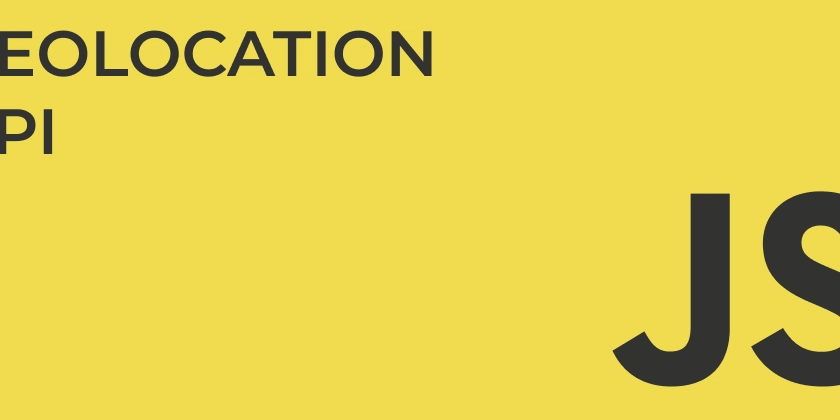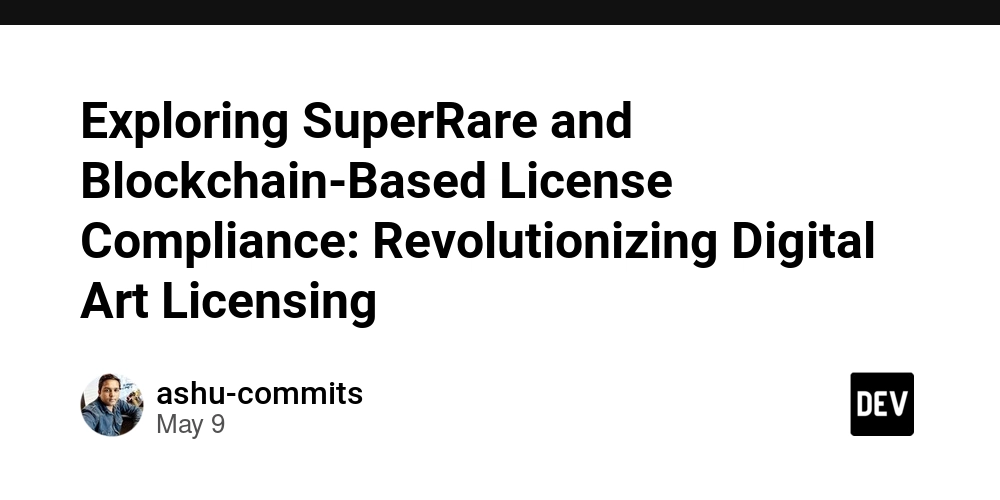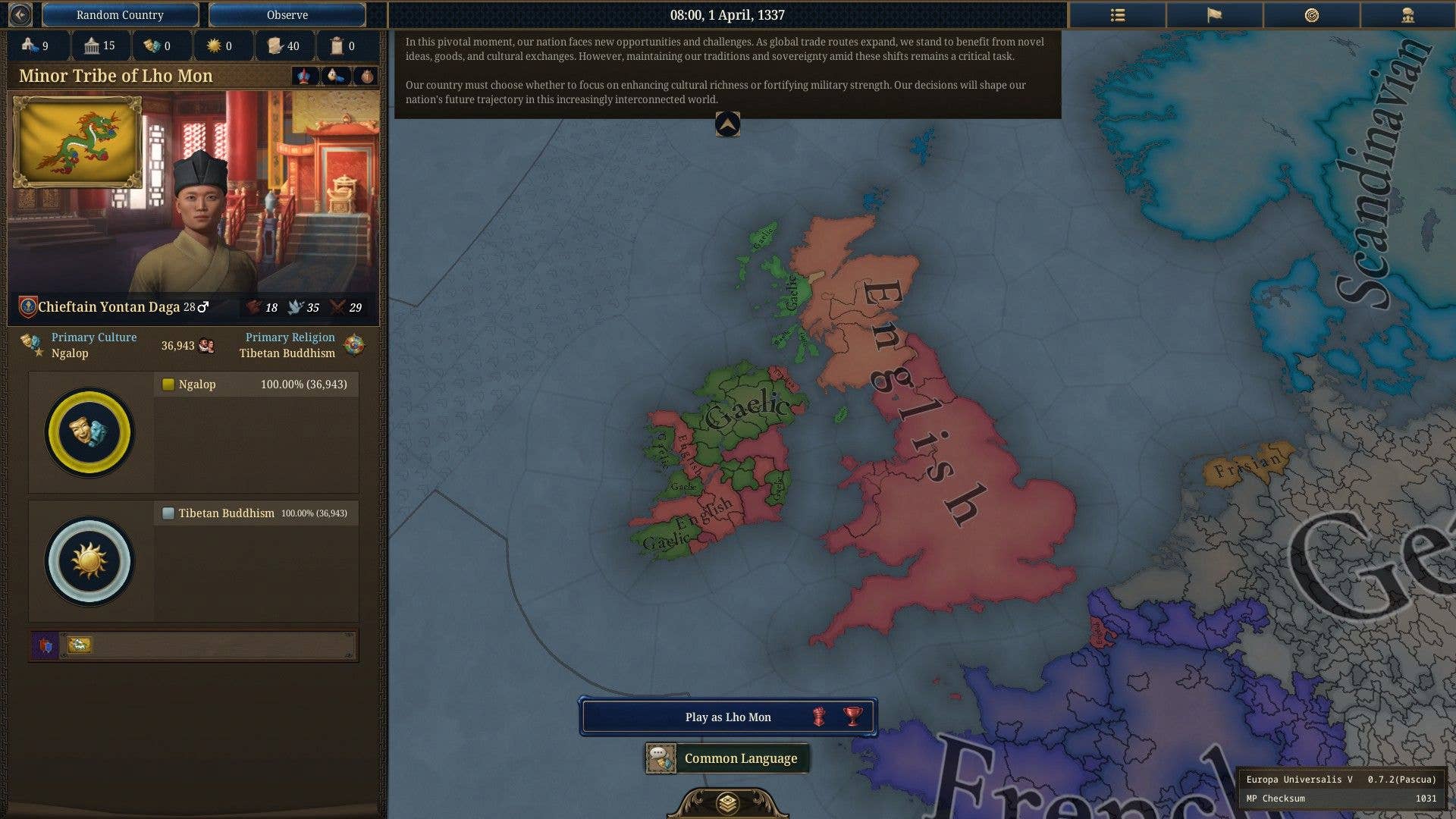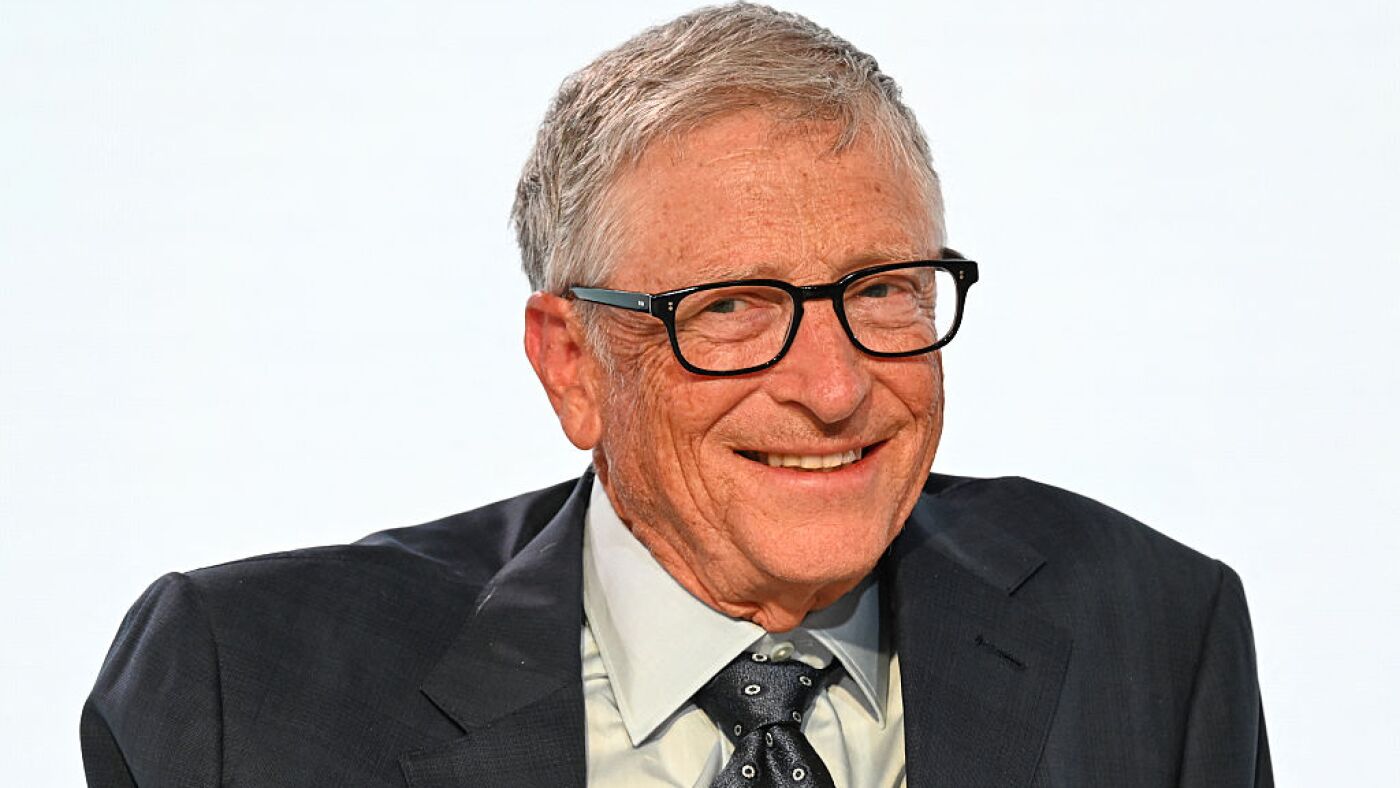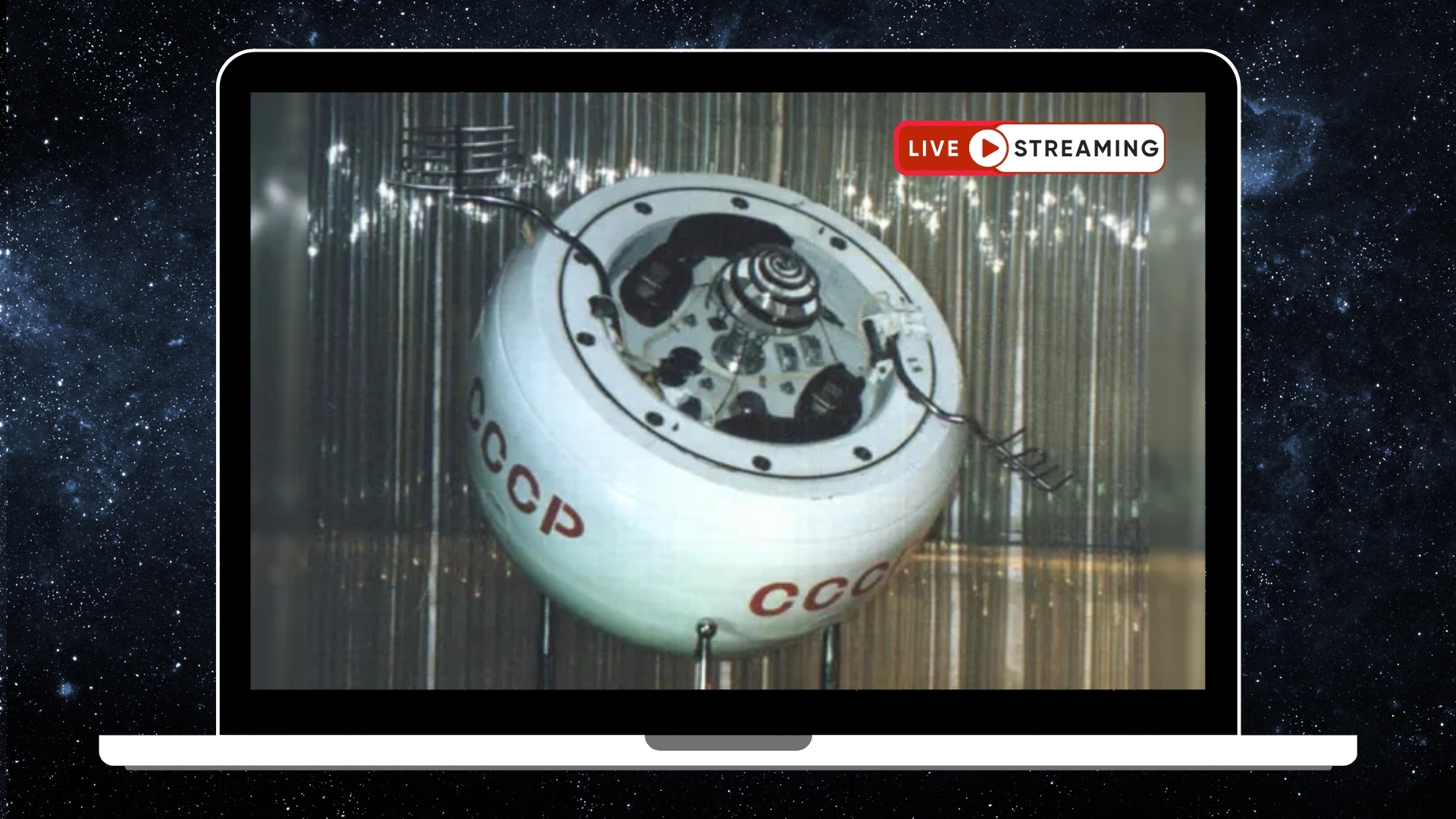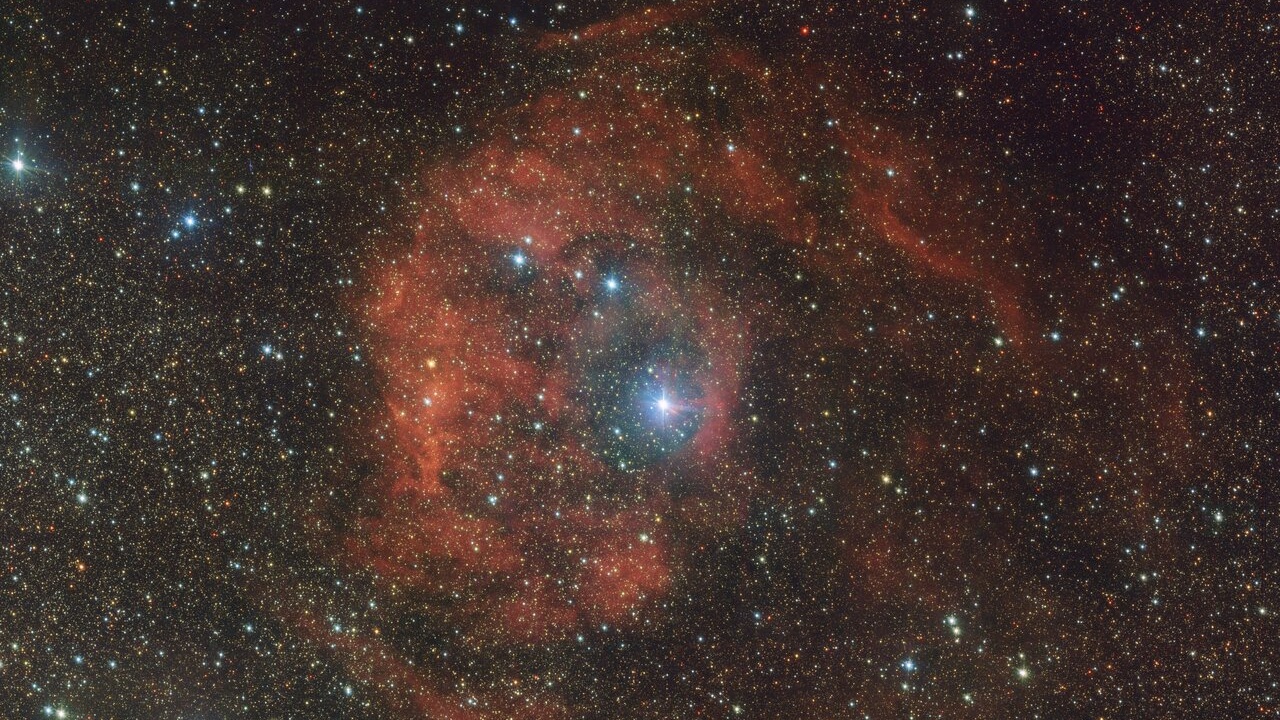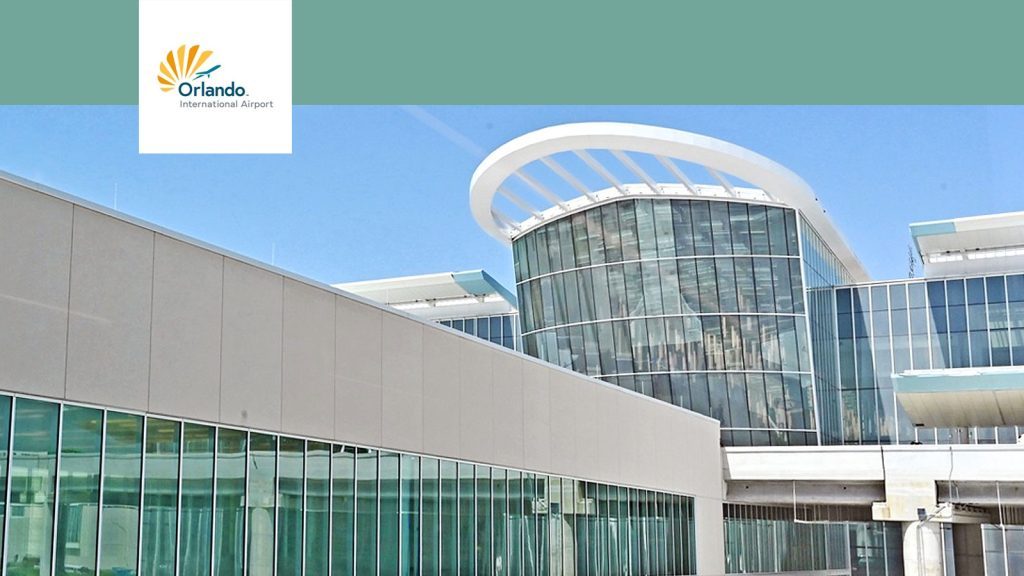The first American pope is not about America at all
The first American pope — Chicago-born Robert Francis Prevost, Pope Leo XIV — has been elected, a mere 249 years after the founding of the nation. Though Prevost had been occasionally floated as an outside contender in recent days, he was not among the top candidates, who were widely seen to be Cardinal Luis Antonio Tagle […]


The first American pope — Chicago-born Robert Francis Prevost, Pope Leo XIV — has been elected, a mere 249 years after the founding of the nation.
Though Prevost had been occasionally floated as an outside contender in recent days, he was not among the top candidates, who were widely seen to be Cardinal Luis Antonio Tagle from the Philippines or Pietro Parolin, the Vatican’s secretary of state. As a result of this surprise, the “American pope” jokes have already begun, as has the speculation about what this choice means for the future of the Catholic Church.
But as it turns out, neither geopolitics nor ideology may not be the most important distinguishing features of this choice.
In the lead-up to the conclave, much of the discussion (including mine) centered on where the candidate might be from — given that geopolitics has always played a role in the election, and the demographics of Catholicism worldwide are changing rapidly — and where candidates might stand on the hot-button issues dividing the Church, such as the ordination of women, clerical celibacy, and the blessing of same-sex couples. It was natural, in the face of increasing debate over these issues, and their secular counterparts, to view the election of the next pope as a referendum on how Catholicism might change with regard to the issues of gender and sexuality, personal freedom, and individual rights, that animate so much of our contemporary debate.
It’s therefore tempting to read today’s choice as a commentary on America itself, especially amid its current political crisis. Is it a sign of American decline, like the election of the Polish John Paul II marked the Soviet Union’s twilight? Is it the Vatican’s way of reviving its faltering, and often rebellious American flock — outreach to Vice President JD Vance and his friends?
But as it turns out, neither geopolitics nor ideology may not be the most important distinguishing features of this choice. The new pope is both an American and a Peruvian, an ideological moderate who will perhaps neither entirely please hardline traditionalists or overly eager reformers.
While his public comments on hot-button topics are scarce, he has made comments over the course of the past 25 years that seem to suggest that he is opposed to the ordination of women, even to the diaconate. He also publicly criticized the practicality, particularly in some parts of Africa of Fiducia supplicans, the much-discussed 2023 declaration by Pope Francis allowing Catholic priests to bless couples who are not married according to Church teaching, including same-sex couples and those remarried after divorce.
And yet, the new pope is hardly a cleric in the model of the most conservative corners of the American Catholic Church. He is not Bishop Robert Barron, a Trump ally who has recently been appointed to the Trump’s embarrassingly named Religious Liberty Commission. The new Pope Leo appears to have a long record of criticizing both Trump and Vance, the Catholic convert, through his X account. And he is an outspoken advocate for the poor and, particularly for refugees. He does not fall into any clear camp in the culture wars and his gifts seem mainly as an administrator, a bridge builder, and institutional peacemaker.
So just as it was a mistake to view the conclave as The Culture Wars: Sistine Chapel Edition, it would be equally mistaken to interpret Leo XIV’s papacy in American-centric terms. One of the obvious advantages of an institution as ancient as the Catholic Church is its long memory: its ability to see beyond the crisis of the day and the mood of the moment. Today’s message from the College of Cardinals is clear: They are playing the long game. A game that began before the first Europeans arrived in the Americas and one that will go on long after the United States has ceased to exist and today’s controversies are solved.
Leo XIV is a son of Chicago, but he is far from your average boomer Chicago Catholic. Sure, he was one of the three sons of a World War II veteran of Italian and French ancestry and a librarian of Spanish descent. He served as an altar boy at St. Mary of the Assumption Church on the South Side. That is a very Chicago, and a very American story. But, in 1985, four years after taking his final vows as a priest, the then-Father Robert left the United States as part of the Augustine mission to Peru. Since that time, his ministry has largely been divided between the United States and Peru. He was naturalized as a Peruvian citizen in 2015. His experience in Peru has undoubtedly shaped him, and the Church there, as through Latin America, is much less of a middle-class affair than in North America and has a long history of advocacy for the poor.
The most important thing about the man they have chosen is that he is deeply rooted in and dedicated to the institution. Pope Francis appointed him apostolic administrator of the Diocese of Chiclayo in 2014 and in 2023 made him the prefect of the Dicastery for Bishops, a role in which he was tasked with nominating and supervising bishops. In both these roles, he was a supervisor, and increasingly powerful shaper of the institution itself.
Of course, Francis put him in these influential roles, and Leo is likely to continue the reforms of Pope Francis (reforms that, despite the headlines, were never about radical changes in doctrine or practice, but about implementing compassionate pastoral outreach). This means that like Francis he seems to favor allowing greater leniency on a case-by-case basis without changing Catholic doctrine. This is a model of governance designed not for short-term cultural skirmishes but for long-term survival.
Tellingly the new pope has chosen the name Leo, almost certainly a reference to Pope Leo XIII, who sat on the Throne of St. Peter from 1878 to 1903. Leo XIII earned the nickname of “Pope of the Workers,” not least for his 1891 encyclical Rerum novarum, which highlighted the rights and dignities of workers, even going so far as to affirm the right to form labor unions, The encyclical is widely seen as a rejection of the contemporary debates between Marxism and capitalism, instead reaffirming the Church’s teaching on human dignity above the political noise. In it, Leo XIII laid the foundation for modern Catholic social teaching, envisioning a Church that did not act as a direct player in the conflicts of the day but instead stood above them, offering a broader moral vision rooted in human dignity. He sought to guide the Church in a world where technology, geopolitics, and society were evolving faster than the human heart seemed able to keep pace.
This is the legacy that the new pope has referenced and it is an important reminder: We are so embroiled in our current conflicts, the earlier Leo’s story says, so entrenched into our camps, that we assume there is no other way to think or believe. The next papacy might attempt to demonstrate another way. Pope Leo XVI, it would seem, is neither Trad Averager or Woke Warrior, just as he is neither just American nor completely Peruvian. He will instead be the pope in the 21st century, seeking to carve out a place for the ancient Church he has been called to lead in the modern world. To do this, he will likely not become too embroiled in the cultural issues of the day, but instead advocate for a theory of human dignity and social morality that transcends the politics of the moment. His election is not a verdict on America’s future or a victory for any faction, but a choice rooted in continuity and vision.

















